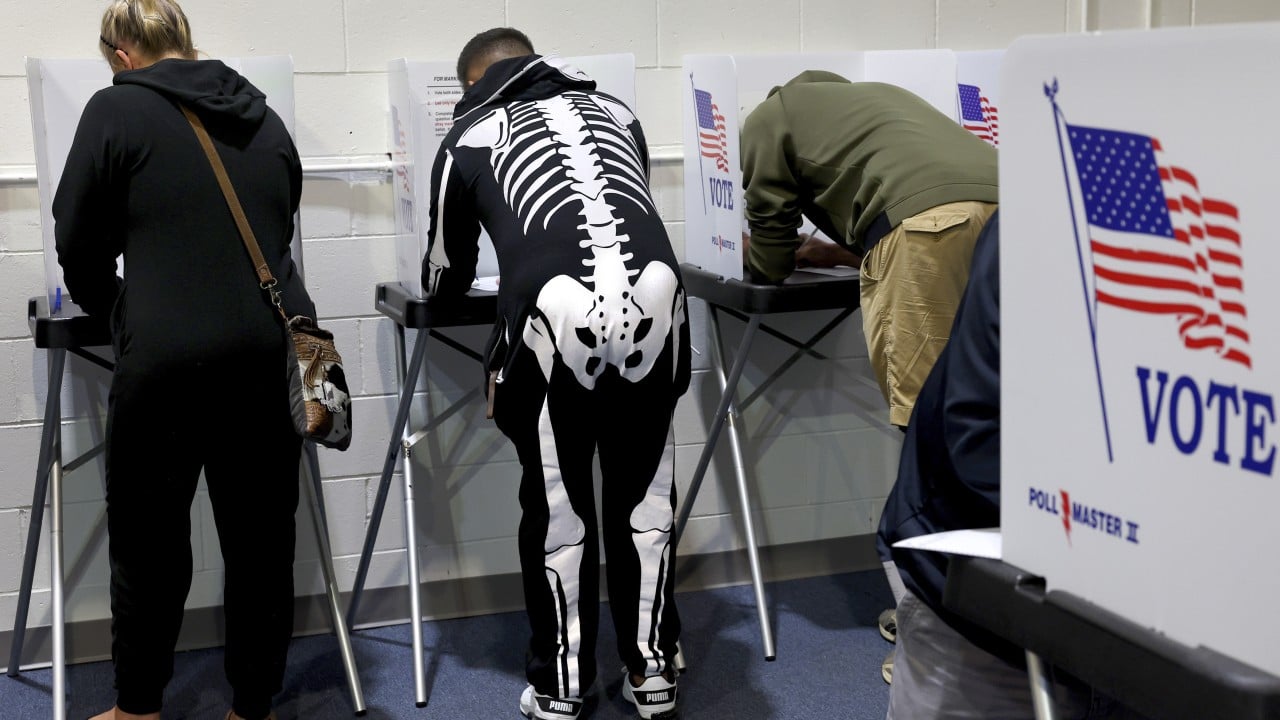As the US presidential election draws near, the country finds itself at an inflection point that has implications far beyond conventional electoral politics. This contest is not merely a choice between candidates but a referendum on competing visions of the United States’ future, unfolding against an unprecedented backdrop of institutional stress and societal transformation.
Advertisement
The high stakes of this election cycle reflect deeper tensions within American society and raise fundamental questions about where the country is headed. The traditional mechanisms of US politics also face their most significant test in recent memory, with results that could ripple through the nation and into the realm of global stability.
The electoral landscape presents a complex tapestry of competing forces and realigning interests, including demographic shifts and new voting patterns. Seven swing states are the primary battlegrounds where the presidency is likely to be decided, with current polling data and electoral trends suggesting an extremely tight race.
But beyond conventional metrics, betting markets are pointing to a potential momentum shift, which not only hints at uncertainty among the electorate but also raises questions about the reliability of traditional polling methods in capturing voter intentions. This very volatility underscores the dynamic nature of contemporary US politics and the challenges in predicting election outcomes in an increasingly fragmented political environment.
The election has exposed profound institutional fissures and economic realignments that challenge traditional power structures. Externally, the business community and the mainstream media have been less unified in maintaining their traditional political affiliations. This reflects broader change in the US economy and competing visions for development.
Internally, emerging political forces are creating tensions within parties and institutions that extend beyond partisan politics and pose questions about the political process itself.

